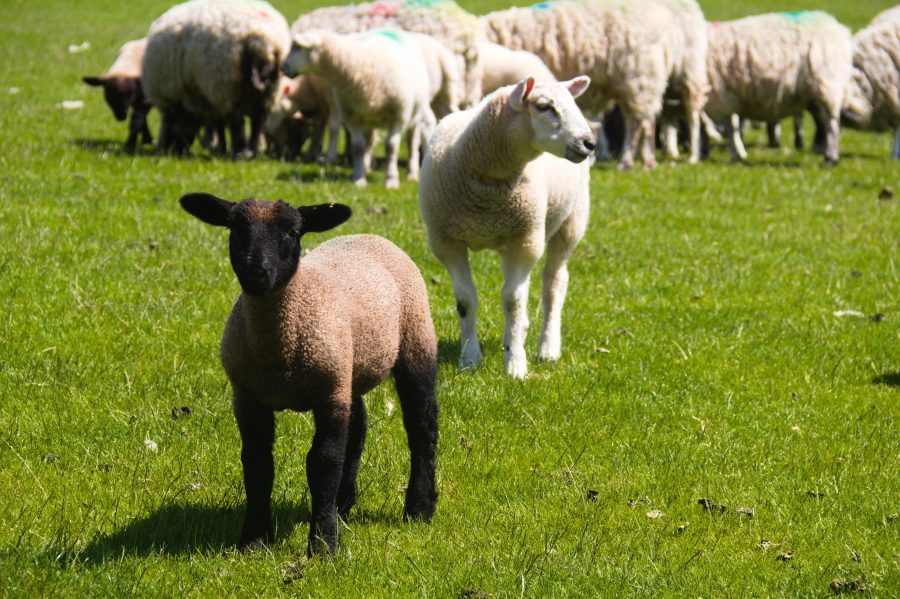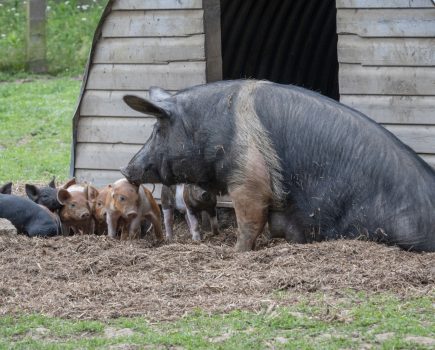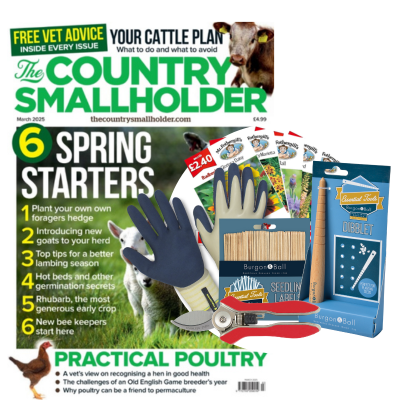The NADIS blowfly forecast suggests that UK sheep flocks are at high risk of blowfly strike due to current weather conditions.
NADIS is calling for close monitoring and treatment of strike. Carcasses, dirty backends, foot rot lesions and open wounds are all attractive egg-laying sites for flies. Strike can develop very quickly, with the first maggots appearing within 12 hours of eggs being laid.
According to NADIS, stock should be checked at least twice daily for signs of fly strike.
Clinical signs include
- Discomfort
- Agitation or restlessness
- Disturbed grazing
- Kicking or nibbling at affected areas
- Separation from flock
- Damp/discoloured fleece
- Lameness and wounds
- Dull and sick animals
- Sheep found dead
Observe the flock from a distance as disturbing the sheep will obscure the abnormal behaviour. The earlier strike is recognised, the more effective treatment will be, says NADIS. Often the struck area is not obvious until the animal is handled and the fleece parted.
Remember that animals with conditions such as foot rot, scour, lumpy wool and existing wounds are at greater risk of
suffering from fly strike.
Ways to reduce the risk of fly strike
Prevention:
- All ‘at risk’ animals should have had preventative treatment applied in advance of the medium and high-risk periods. Depending on the product used, a second application may be required
- Dagging or shearing to reduce faecal contamination of
the fleece - Comprehensive worm control to reduce scour in lambs. Discuss roundworm control with your client as part of an integrated parasite control plan.
- Use of fly traps to reduce the overall fly population
- Prompt treatment of foot rot and wounds
- Prompt removal of fallen stock
- Avoid grazing sheltered or shaded pasture as these are likely to harbour more flies than exposed pasture
Treatment:
- Prompt treatment is a necessity if it is to be successful.
- Veterinary advice should be sought for severely affected or sick sheep.
- Clip entire affected area.
- Apply effective product to kill the maggots.
- Remind clients that Insect Growth Regulators (IGRs) e.g. Dicylcanil and Cyromazine do NOT kill maggots.
Be aware when applying an IGR for prevention during high risk periods, maggots might already be present.
NADIS Parasite Forecast is based on detailed monthly Met Office data for each of the 40km2 areas across the UK. Weather conditions directly affect the likely levels of parasite activity. Disease incidence will also depend on farm management, grazing and treatment history. Individual farm and field conditions may vary, so consult a vet as part of a veterinary parasite control plan.
More news like this can be found in The Country Smallholder magazine. Subscribe here.
For FREE updates from the world of smallholding, sign up for The Country Smallholder newsletter here.








